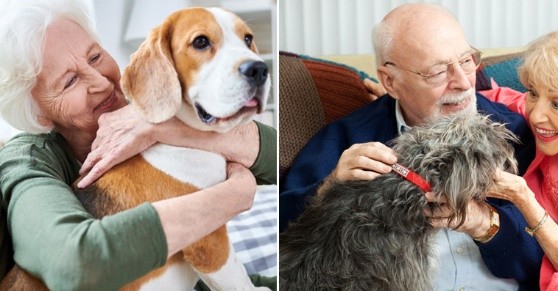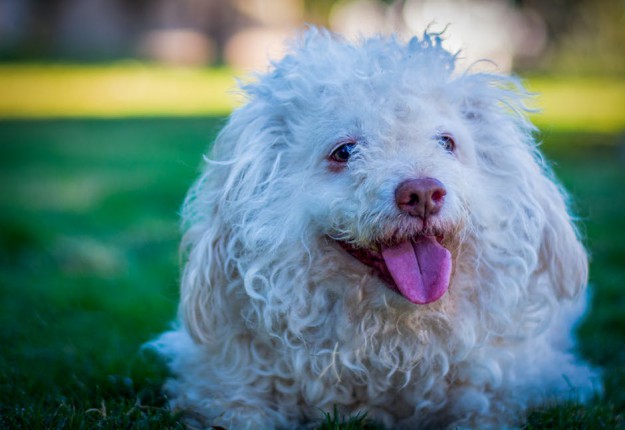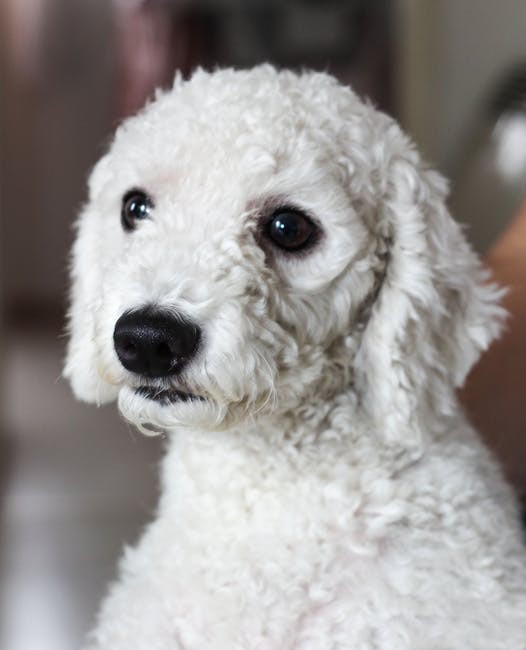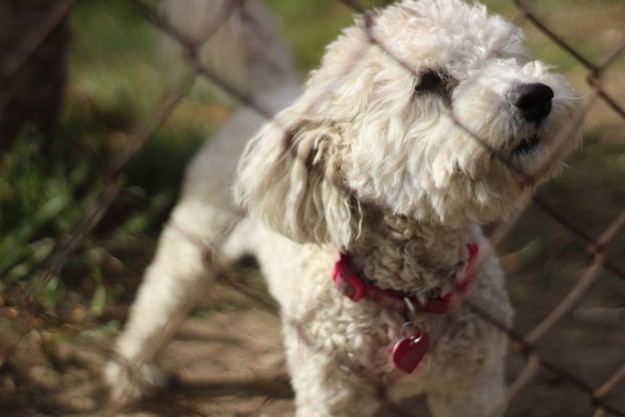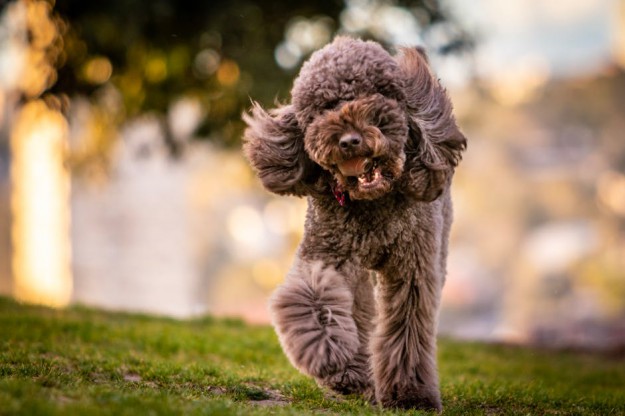
Toy Poodle
USD 1000-1500 Price Avg.
Companion Dogs
Group
Purebred
Breed Type
Small
Size
14-16 years
Lifespan
Breed Information
| Group | Companion Dogs |
|---|---|
| Popularity/Rank | 449 |
| Origin | Germany France |
| Other Names | Barbone, Caniche, Chien Canne, French Poodle, Pudle, Teacup Poodle, Teddy Poodle |
| Breed Type | Purebred |
| Price (Avg.) | USD 1000-1500 |
| Size | Small |
| Weight | Male: 6-9 pounds (3-4 kg) |
| Height | Up to 10 inches (25.4 cm) |
| Lifespan | 14-16 years |
| Recognized by |
Not recognized by the American Kennel Club. And Not recognized by FCI. |
| Purpose | Companionship |
| Date of Origin | April 10, 1887 |
| Ancestry | Poodle |
Appearance & Maintenance
| Coat | Curly, Dense, Thick |
|---|---|
| Coat Colors | Apricot, Beige, Black, Blue, Brown, Cream, Fawn, Gray, Red, Silver, White |
| Grooming Level | |
| Shedding Level | |
| Eye Color Possibilities | Black, Brown, Blue, Amber, Hazel, Green |
| Nose Color Possibilities | Black, Brown, Liver, Pink, Blue |
| Coat Color Possibilities | Apricot, Cream, Red, Silver, White, Black, Brown, Sable, Blue, Cafe-au-Lait, Parti-Color |
| Coat Length | 8-10 inches |
| Coat Density | Medium |
| Coat Texture | Silky |
| Recommended Brushes | Slicker brush, Pin brush, Undercoat rake, Nail clippers, Grooming scissors, Shedding blade. |
| Brushing Frequency | 2-3 times per week |
Breed Characteristics
| Temperament | Active, Alert, Faithful, Instinctual, Intelligent, Productive, Trainable, Vigilant |
|---|---|
| Intelligent | |
| Trainability | |
| Playfulness | |
| Sensitivity Level | |
| Affection Level | |
| Social Interaction Required | |
| Barking | |
| Watchdog Ability | |
| Territorial | |
| Biting Force | Low |
| Mouthiness | |
| Impulse to Wander or Roam | |
| Prey Drive | |
| Adaptability | |
| Tolerates Being Left Alone | |
| Fighting Dog | Not really |
Good & Friendly with
| Apartment Life Friendly | |
|---|---|
| Stranger Friendly | |
| Kid-Friendly | |
| Cat Friendly | |
| Dog Friendly | |
| Office Friendly | No |
| Senior Citizens Friendly | |
| Pet Friendly | |
| Friendly with First Time Owners | No |
| Service Dog | Not really |
| Therapy Dog | Yes |
| Detection, Sniffer or Security Dog | Not really |
| Search and Rescue Dog (SAR) | Not really |
| Boat Dog | Not really |
| Cart Pulling or Drafting Dog | Not really |
Health Elements
| Health Issues | |
|---|---|
| Health Problems | Autoimmune Hemolytic Anemia, Canine Diabetes Mellitus, Ear Infections, Epilepsy, Heart Murmurs, Progressive retinal atrophy (PRA), Skin Allergies, Slipped Stifle |
| Hypoallergenic | Yes |
| Energy Level | |
| Exercise Required | |
| Sleeping Required | |
| Weight Gain Potential | |
| Weather & Climate | Prefers average to warm weather conditions |
| Stinkiness | Low |
| Drooling tendency | |
| Activity Level | High |
| Rec. Walk Mileage Per Week | 5 miles |
| Minutes of Activity Per Day | 30 minutes |
Food & Costing
| Avg. Daily Food | 1/4 to 1 cup of high-quality dry food a day, divided into two meals. |
|---|---|
| Cups Per Day | 1/4 cup |
| Daily Cost | $20-$50 |
| Monthly Cost | $50-$100 |
Reproducibility
| Gestation Duration | 60-64 days |
|---|---|
| How often can the Toy Poodle have a litter? | Once a year. |
| Litter Size | 2-4 puppies (Once a year.) |
Description
The Toy Poodle is a small breed of dog that has been popular for centuries. They are known for their intelligence, loyalty, and affectionate nature. The Toy Poodle is a great companion for families and individuals alike.
Appearance: The Toy Poodle has a distinctive look with its curly coat and long ears. They have an elegant appearance with their long legs and slender body. Their coats come in many colors including white, black, apricot, red, silver, cream, gray and brown.
Lifespan: The average lifespan of the Toy Poodle is between 10-15 years when properly cared for.
Size & Weight: The Toy Poodle stands at 8-10 inches tall at the shoulder and weighs between 4-6 pounds when fully grown.
Colors: As mentioned above the Toy Poodle comes in many colors including white, black, apricot, red, silver cream gray and brown.
Personality: The Toy Poodle is an intelligent breed that loves to please its owners. They are loyal companions who enjoy spending time with their family members as well as other pets in the home such as cats or other dogs. They are also very active dogs who love to play fetch or go on walks with their owners or family members.
Friendliness: The Toy Poodle is friendly towards other dogs as well as children and other animals if they are properly socialized from a young age. It’s important to remember that all dogs should be supervised around children due to their size difference which can lead to accidents if not monitored closely enough by adults in the home environment .
Temperament: The temperament of the toy poodles can vary depending on how they were raised but generally they are gentle natured animals who love attention from people they know well but may be wary of strangers until they get used to them .
Health : Generally speaking , toy poodles have good health but like any breed there can be some health issues such as hip dysplasia , eye problems , allergies , skin conditions etc . It’s important to keep up regular vet check ups so any potential issues can be caught early on .
Adaptability :Toy poodles adapt well to different environments whether it’s living indoors or outdoors . They do need regular exercise so it’s important that you provide them with plenty of opportunities for this either through walks or playing games such as fetch etc .
Benefits :Toy poodles make great pets due to their intelligence , loyalty , affectionate nature and adaptability level . They also require minimal grooming which makes them ideal for those who don’t have much time available for grooming duties !
History
The Toy Poodle is a small dog breed that is popular among city-dwellers and those who live in small spaces. The Toy Poodle is a descendant of the Standard Poodle, which was originally bred in Germany. The Standard Poodle was bred down in size to create the Toy Poodle. The Toy Poodle became popular in France, where they were used as companion dogs for aristocrats.
The Toy Poodle nearly became extinct during the French Revolution, when many of the aristocrats who owned them were killed. However, the breed survived and eventually became popular again. The Toy Poodle was recognized as a breed by the American Kennel Club in 1887.
Today, the Toy Poodle is one of the most popular dog breeds in the world. They are known for their intelligence, loyalty, and affectionate nature.




